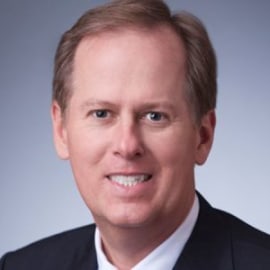
Steve Odland
He has a Bachelor’s of Business Administration from The University of Notre Dame, and a Master’s of Management degree from the Kellogg School of Management at Northwestern University. He currently is a member of the Board of Directors of General Mills, Inc., is a Senior Advisor at PJ Solomon, and is a CNBC Contributor.
SESSIONS
There is an intensifying drumbeat for companies to consider more than just profits and focus on social good. But that encompasses so many constituencies and so many needs within and outside of organizations. We set out to define social purpose and consider how far directors should and can go in serving all stakeholders, beyond just shareholders.
Takeaways:
- What does the “S” in ESG mean?
- Defining and balancing shareholder and stakeholder needs and desires
- What is the corporation’s role in social justice, diversity, equality, inclusion and income inequality?
- What time frame should be the focus?
- Strategies on addressing the decline of gain-sharing between employees and management
- Should the board ultimately be accountable for ESG and measured and compensated on ESG performance?
Keynote Interview with Marty Lipton, Founding Partner Wachtell, Lipton, Rosen & Katz
The “New Paradigm” conceives of corporate governance as a voluntary collaboration among corporations, shareholders and other stakeholders to achieve sustainable long-term value and resist short-termism. It provides a roadmap for boards to demonstrate that they are providing thoughtful, engaged oversight and that management is diligently pursuing credible, long-term business strategies.
Takeaways:
- Strategies for adopting long-term thinking
- Reality check on what can be done by directors now
- Guidelines on what investors really want